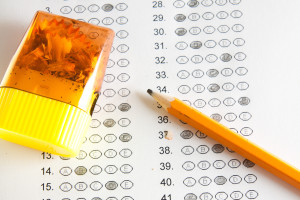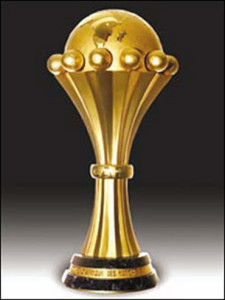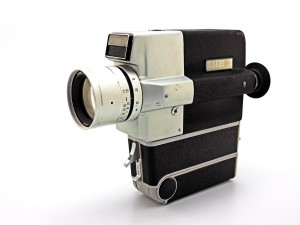 When was the last time you cheated?
When was the last time you cheated?
The definition of cheating is “an immoral way of achieving a goal“.
Certainly not something to be proud of or feel good about, cheating is usually associated with feelings of guilt and nervousness.
Interestingly, the NY Times reports recent research that shows as long as you didn’t think your cheating hurt anyone, you may have felt great afterwards.
The study entitled “The Cheater’s High: The Unexpected Affective Benefits of Unethical Behavior” was recently published in The Journal of Personality and Social Psychology by researchers Ruedy, et al from the University of Washington, the London Business School, Harvard and the University of Pennsylvania.
In the study’s initial experiments, one group of participants were asked to predict how they would feel if they cheated. In general, most people claimed they would feel bad.
Another set of participants were given a baseline assessment of their moods, took a word-unscrambling test and were then handed an answer key. They were told to check their answers and asked to report how many they got correct. For every correct answer, they were told they would be paid $1 dollar. 41% of the participants cheated and a follow-up assessment of their moods showed that they felt an emotional boost compared to those who did not cheat.
“The fact that people feel happier after cheating is disturbing, because there is emotional reinforcement of the behavior, meaning they could be more likely to do it again,” said Nicole E. Ruedy, the study’s lead author.
Ruedy and her team them removed the financial incentive and asked a new group to take a test on a computer. The participants were told the results would correlate with intelligence and a likelihood of future success. 77 participants were told that if they saw a pop-up message offering them the correct answer, they should ignore it and continue working.
In this study, more people cheated. In fact, 68% of this group cheated at least once, clicking the button for the correct answer. In the follow-up assessment, this group also reported a rise in upbeat feelings. So the financial incentive did not provide additional incentive to cheat- participants did it anyway.
Why did these participants cheat? The researchers found that those who cheated experienced thrill, self-satisfaction, a sense of superiority.
Dr. Ruedy noted that the study’s cheats believed that no one was hurt by their actions. “Perhaps people could be made aware of the costs that others actually bear,” she said. “Identify victims of their behavior.”
For the complete research paper and to learn more, please click on this link
 Emotient, one of the leading authorities in automated facial expression analysis, newest technology FACET received the Most Innovative Product award from CONNECT awards ceremony held on December 6, 2013. The annual MIP Awards is CONNECT’s largest and most prestigious event, attracting more than 700 of the region’s top business leaders, researchers and capital providers.
Emotient, one of the leading authorities in automated facial expression analysis, newest technology FACET received the Most Innovative Product award from CONNECT awards ceremony held on December 6, 2013. The annual MIP Awards is CONNECT’s largest and most prestigious event, attracting more than 700 of the region’s top business leaders, researchers and capital providers.